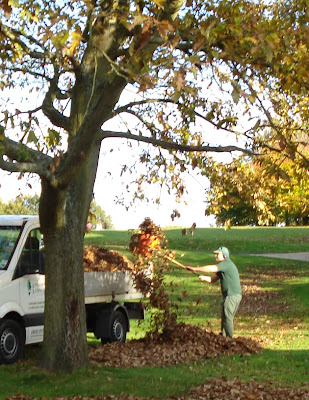
 The variety of chard called Bright Lights lives up to its name, especially when the sun is low in the sky.
The variety of chard called Bright Lights lives up to its name, especially when the sun is low in the sky..
In the train I am sitting opposite a young woman busy writing cards on the table between us. Her book, closed on the table, is a paperback called Eat, Pray, Love and subtitled "One woman's search for everything". It is by, one, Elizabeth Gilbert and has according to another line on the cover, " sold over six million copies".
.
A postman whom I haven't seen before hands me a parcel when I answer the door. "Are you alright" he says. Depending on the tone of voice, this locution could have a number of different meanings. In transcribing it, I leave out a question mark, because clearly it doesn't require an answer. Rather it signifies a cheerful "good morning!". But with another intonation it could mean: "Is there something wrong with you?" Or, as when relatively recently a railway employee used the same expression to me when he saw me taking photographs at the end of the station platform, it clearly meant, "what mischief are you up to?"























 own.
own.